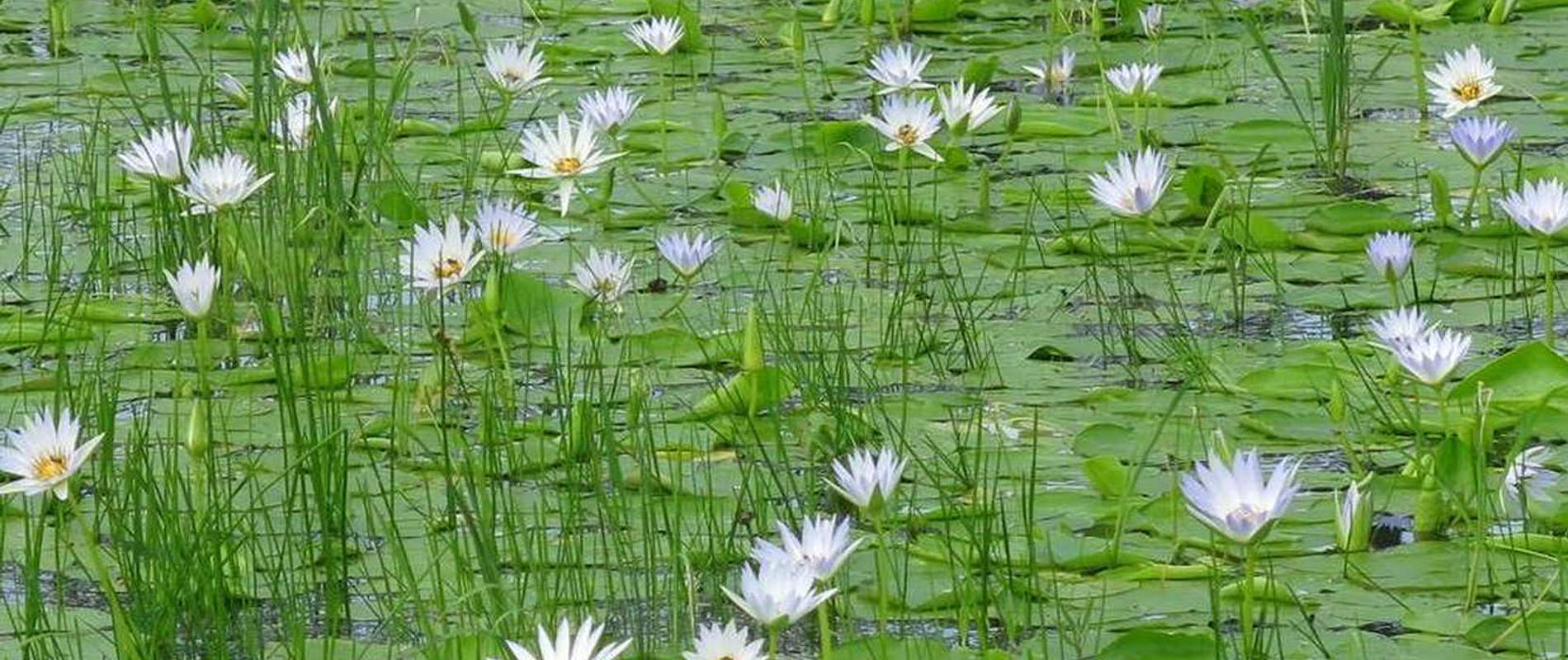Saving precious parcels of land before they are lost forever is extremely important for the David Sheldrick Wildlife Trust, and we are privileged to be the custodians of a corner of Kenya that is home to some of the greatest biodiversity on the African continent
Saving precious parcels of land before they are lost forever is extremely important for the David Sheldrick Wildlife Trust, and we are privileged to be the custodians of a corner of Kenya that is home to some of the greatest biodiversity on the African continent. The Trust together with the local community-run Lamu Conservation Trust provide the means to protect and manage Amu Ranch, along with Witu Livestock Ranch and Witu Forest. These parcels encompass over 120,000 acres of pristine wildlife habitat, ancient coastal forest, and spectacular wetlands. It is home to elephants, many hundreds of buffalo, zebra, eland, reticulated giraffe, coastal topi, oribi, suni, duikers, including the endangered Aders duiker, warthogs, lions, leopards and numerous other species. It is quite simply a garden of Eden.




Working in partnership with Kenya Wildlife Service (KWS) the Trust has funded the Lamu Conservation Trust to manage and protect this extraordinary place, funding and supporting 50 rangers trained through the KWS Manyani Ranger Academy to patrol and protect the area. Supported by four patrol vehicles, 300km of road networks to monitor the area have been created with tractors and a mower to ensure that these roads are graded regularly and are passable throughout the year. We have built barracks to accommodate not only Amu’s rangers, but KWS rangers too, so that together these men can ensure that no illegal encroachment takes place, no illegal logging and no poaching.




This initiative has enjoyed enormous support from the people of Lamu, along with the county Government, and is one of a number of Saving Habitat Projects the Trust undertakes, working to empower communities to sustainably manage and support their priceless conservation heritage, instilling a pride and passion to conserve vast tracts of the natural world and all that it supports for future generations; it is these coastal forests that lure the rain from the sea and that ultimately provide food security for much of the country.















